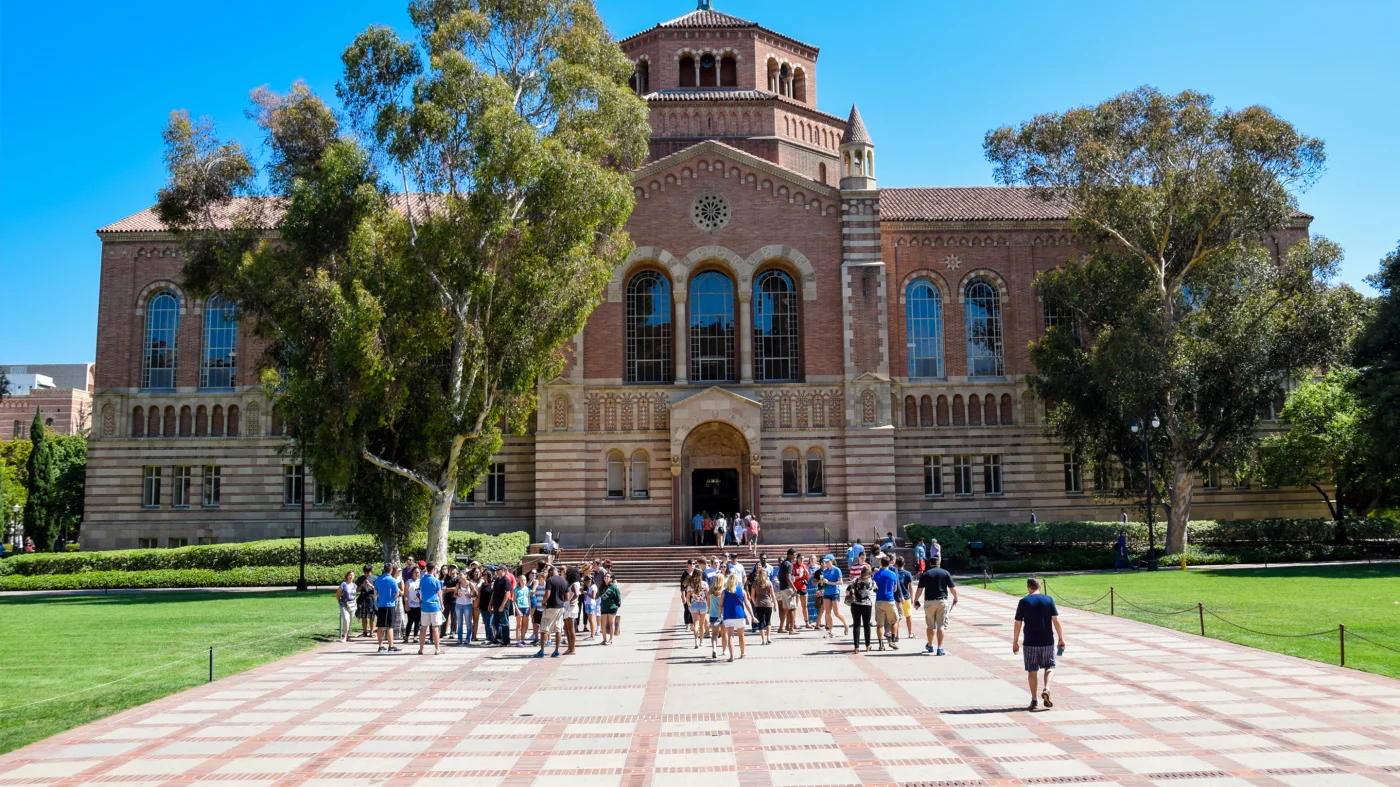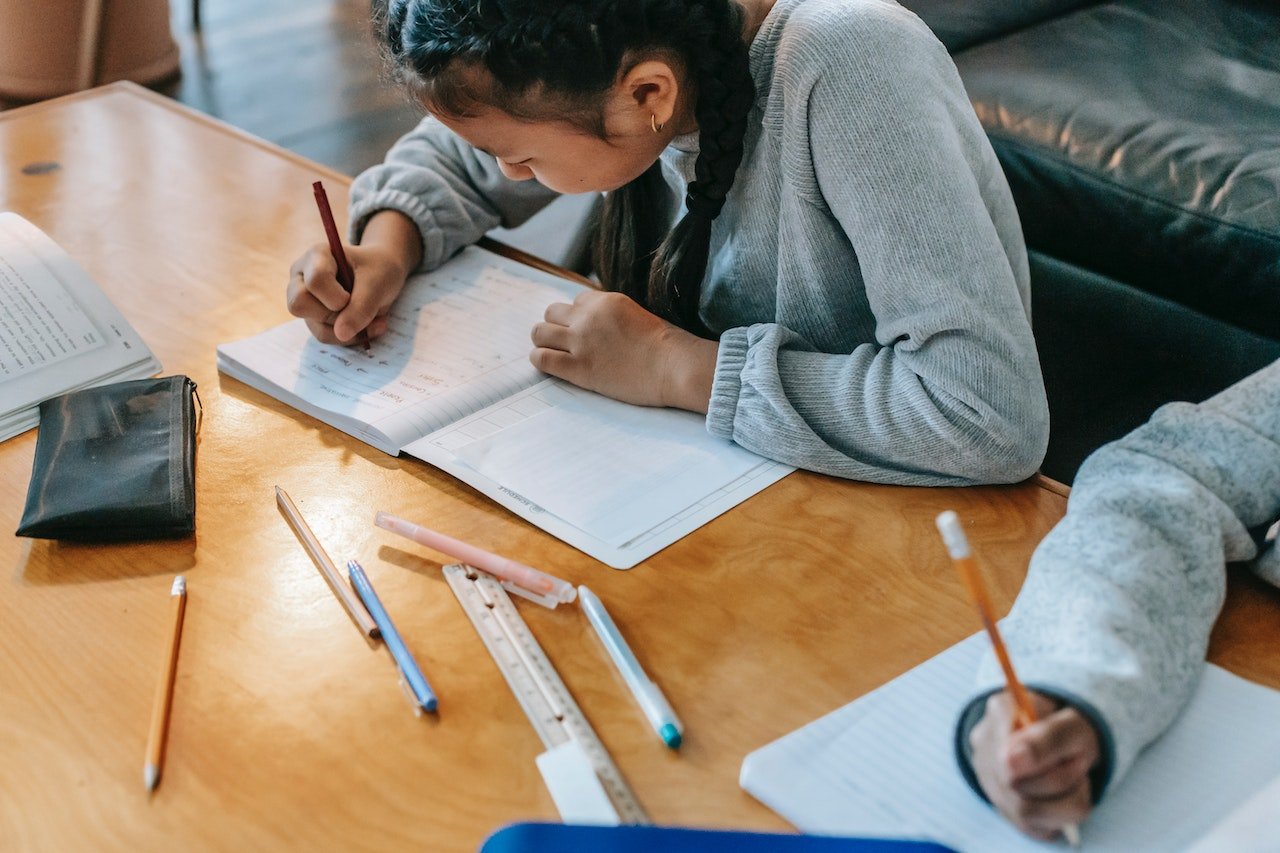Guiding Students to Work Effectively With College Admissions Staff

Counselors can provide a number of programs to assist students and families in making the most of encounters with college admissions professionals.
Counselors and their students must collaborate effectively with college admissions professionals. Learning the aspects of creating relationships with admissions colleagues can be significant for new counselors. I worked as a recruiter for over ten years. While on the road, I visited with kids, families, and counselors to provide context for when I read applications. Each student has their own tale to tell.
Read More: What is Discovery Education? Tips & Tricks
THE RECRUITER’S VISIT TO THE HIGH SCHOOL MAKES AN IMPACT
As a former admissions officer, I found recruiting in the fall to be an exciting experience. I was always ecstatic when I arrived at the schools, grabbed my large bag of periodicals, and made my way to the main entrance to meet kids and counselors. I spoke with students, had brief sessions with counselors, and even gave a presentation to a high school class at several high schools. I occasionally met students for the first time or ran into them again after a college fair or campus visit.
I remembered where I met each pupil and smiled as I thought about their narrative. The highlight of my travel season was sitting at a table with students to answer questions or giving a mini-lecture to a group. Meeting with counselors was always beneficial because it allowed us to discuss potential prospects. I was able to answer inquiries about the college, interact with counselors, discuss college information, and even interview students.
A representative from admissions meets with students during the high school visit to deliver information about the college, review admissions criteria, give advise, invite students to campus, and answer questions. They seek to assist students in their college hunt. Keep those characteristics in mind and look for them when college admissions officers visit your campus. These visits provide excellent chances for students and counselors to meet with members of the admissions committee on a personal level.
HOW TO PREPARE FOR THE COLLEGE REP VISIT
During the fall and spring semesters, more than 100 college representatives can visit my high school. Many of our juniors and seniors eagerly participate in these tours. We’ve asked college reps for suggestions on how to make college visits more fruitful throughout the years.
You can prepare kids for a visit by telling them what to expect and why it is important. After the student applies, the visiting admissions representative will frequently check the college applications. “Are you our regional representative?” students can inquire. Will you be our school’s point of contact?” If only one or two students appear, the visit can be reduced to an interview and a personal information session. Students can spend quality time with the admissions representative and request a business card with their contact information to follow up with a thank-you note.
Our counseling staff has worked with local grocery businesses throughout the years to provide water and a granola breakfast bar for the representatives.
ASSIST STUDENTS WITH INTERVIEW PREPARATION
“Please tell me about yourself.” What are your strong points? What is the most recent book you read for pleasure? “How would your friends characterize you?”College interviews allow students to personalize the process. Assist your pupils in preparing by providing examples of questions to ask and questions that may be asked. BigFuture by College Board includes several sample questions to give students a sense of what to expect.
Students may be interviewed at their high school in some situations. Students can also interview in person at a nearby college or request a Zoom interview if one is available. This is an excellent opportunity to get experience and learn more about the area colleges. Interviews on campus or at a high school are frequently informative and serve as a chance to learn more about the college and the student.
HOST COLLEGE FAIRS AT YOUR HIGH SCHOOL
College fairs are a wonderful way for students to see multiple universities at once. Encourage students to go over the list of universities before the fair to make a game plan. Walking into a room full of college recruiters might be intimidating. However, knowing what to expect and having some questions to ask might help lessen tension. I recommend examining a sample list of NACAC questions.
The number of colleges and institutions present at a fair will vary. The National Association of College Admission Counseling organizes virtual and in-person fairs with hundreds of colleges and universities participating.
Students, parents, and guardians can ask college representatives about academic programs, the admission procedure, the academic profile and criteria of the college, and any other information that is essential to them. Some institutions value demonstrated interest, which can include chatting with a representative, filling out an information card, visiting the college, and following up with a thank you email.
PREPARE STUDENTS FOR THE ON-CAMPUS COLLEGE VISIT
Visiting the college campus is a key stage in the college search for students and families. Most colleges provide virtual visits and webinars, allowing students to visit from the comfort of their own homes. It is best to visit the campus in person during the academic year when students are there. Seeing students on campus, getting a sense of the ambiance on campus, visiting a classroom or residence hall room, or going to the library or cafeteria to eat the food is a once-in-a-lifetime opportunity. Summer and weekend trips are particularly beneficial when available.
The tour allows students to get a firsthand look at the college and determine if it is a good fit for them intellectually, personally, financially, and socially. Some institutions provide fly-in programs for first-generation students, low-income students, and students from various backgrounds. These are selective programs that provide students with another opportunity to interact with students on campus, either digitally or in person.
Although visiting the campus in person for a tour is preferable when possible, other choices, such as a high school visit, a college fair, and local regional events, can give students and their families information.





